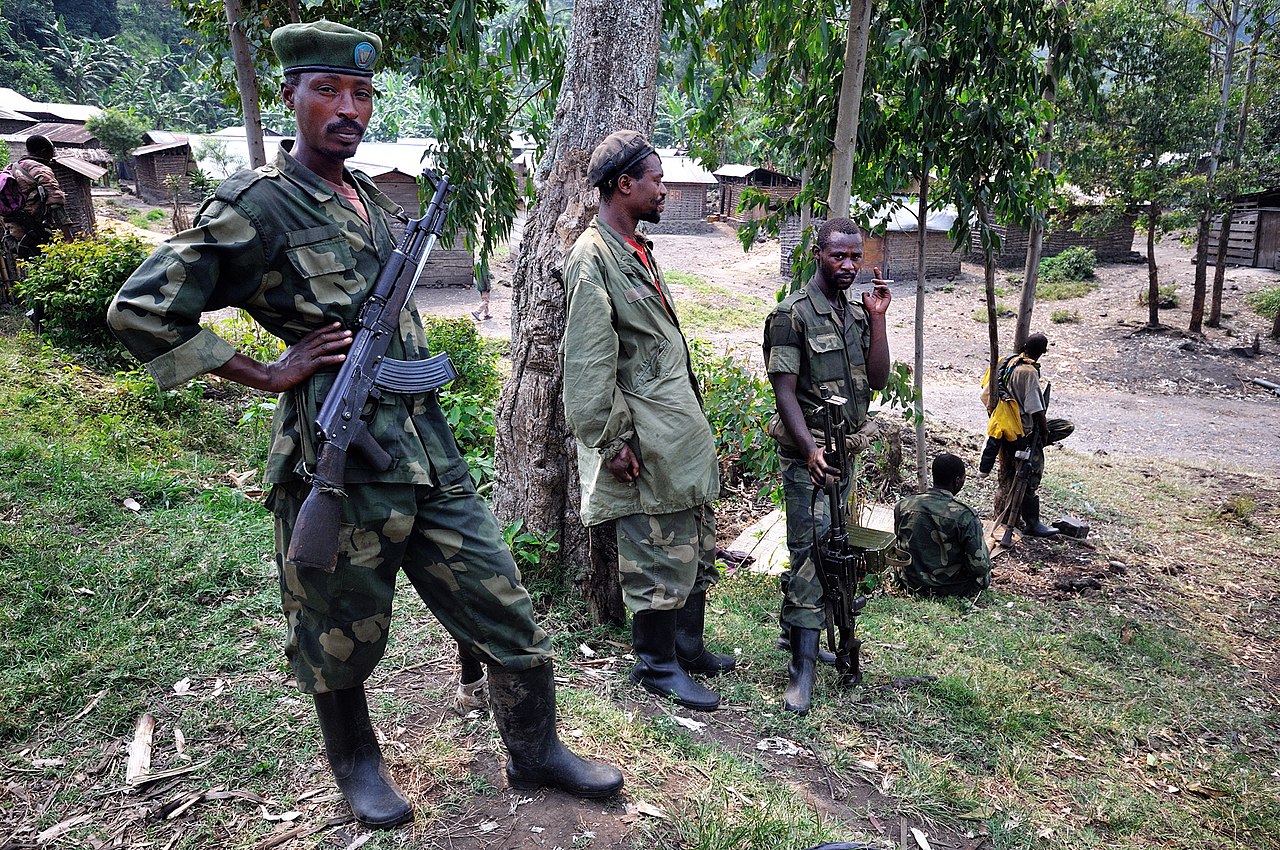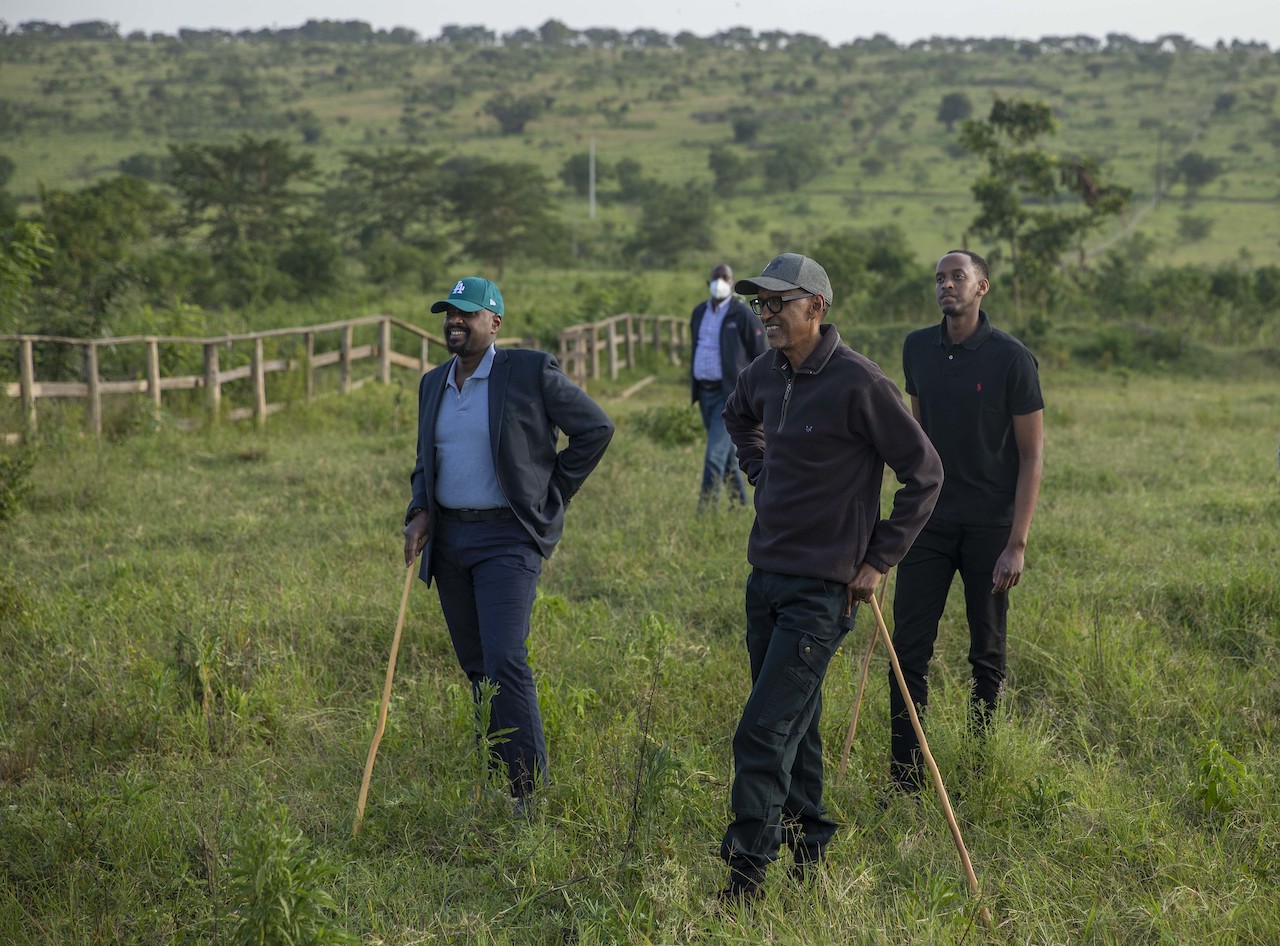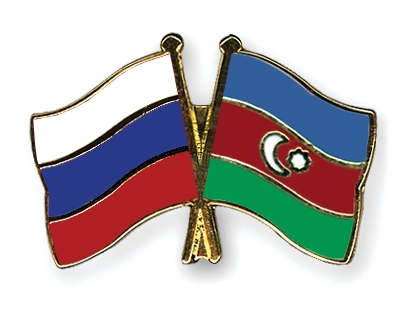When Félix Tshisekedi entered the Congolese presidential office in 2019, new hope for stabilization of relations in the region arose. The Democratic Republic of Congo (DRC) experienced the first smooth democratic transition of government in its history, and communication channels towards Rwanda opened, followed by the opening of borders between these two countries in the Goma region. However, incidents from June 2022 represent a serious setback not only for bilateral relations but for the security in the whole region of the Great Lakes and potentially, for the whole East African Community (EAC).
In April 2022, DRC formally joined EAC bringing in not only its 90 million population but also a problem of insurgents operating in eastern provinces of DRC. [1] Some of them are even affiliated with the Islamic State in Central Africa Province (IS-CAP). Only a month after the official signing of documents, Kenya hosted an EAC summit, discussing the possibilities of deploying EAC-led mission to combat the insurgents in eastern DRC. This initial optimism regarding possible regional cooperation faded away in June 2022. A couple of weeks of tensions between DRC and Rwanda based on mutual allegations of rocket-firing and support of insurgents escalated in the death of a Congolese soldier on Rwandan soil. He was shot by Rwandan Police after he illegally crossed the borders in Rubavu province. Rwandan Police claim they acted in self-defence. [2] As a consequence, Rwandan airlines RwandAir is banned from the DRC and president Tshisekedi denounced all bilateral trade agreements with Rwanda [3] and refuses any type of EAC mission in DRC which would include Rwandan troops. [4] The following report is explaining the latest incidents within their full context.
Trigger Point of the Current Situation
Tensions between DRC and Rwanda have been growing for several weeks now. Rwanda is accused of supporting insurgent group M23 (March 23), operating in eastern DRC, namely in the province North Kivu. Members of M23 are largely ethnic Tutsis and descendants of those, who fled Rwanda in the second half of the 20th century. Rwanda continuously refuses such accusations. However, the fact is that Rwanda’s alleged support to this group was one of a very few reasons for the suspension of western development aid in 2008, 2012 and 2013. [5] It was commonly believed that M23 was defeated in 2013 and thus, its re-emergence and this year’s seizure of the town of Bunagana [6], which is an important trade junction, is quite surprising. President Tshisekedi believes that Rwanda backed the group in its resurrection. [7]
These accusations go vice versa. Rwanda accuses DRC of supporting the Democratic Forces for the Liberation of Rwanda (Forces démocratiques de libération du Rwanda, FDLR), also operating in eastern DRC, based on ethnic Hutus, who fled to DRC from Rwanda after 1994 Genocide against Tutsis, and who are carrying out attacks against ethnic Tutsis or even cross-border attacks against Rwandan civilians in Goma region. [8] Rwandan government states that FDLR is led by perpetrators of the 1994 genocide in Rwanda and that DRC’s government is sheltering those who ought to be brought to justice.
Rising number of attacks by these groups in May and June 2022 eventually developed into direct accusations of attacks between the two sides on a governmental level. President Tshisekedi accused Rwanda of deploying its special forces in disguise on Congolese soil. Rwandan minister of foreign affairs responded that Rwanda “will not sit idly by if it suffers further attacks from neighbouring DRC.” [8]

A Surge of Ethnic-based Violence
In the early morning hours of June 17, 2022, Rwandan Police shot a Congolese soldier who illegally crossed the border in the Goma region through the so-called Petite Barrière and, according to official statement by the Rwandan Ministry of Defence, started shooting not only at Rwandan security personnel but also at civilians crossing the border and injured two Rwandan police officers. [9] The number of wounded civilians was not made public. [11]
According to Rwandan official sources, security and safety of the Rwandan population within Rwanda are ensured. [11] The situation on the other side of the border is significantly different. According to the International Red Cross Committee (ICRC), more than 72 000 people were displaced in North Kivu province in the span of the last week of May 2022. [12]
What is not mentioned so far in any official records or news is the boom of ethnic violence in the Kivu provinces. Congolese Tutsis are systematically targeted, beaten up, murdered by machetes, and chopped into pieces. Cases of cannibalism occur in the region as well when perpetrators grill the body parts of their victims and eat them with bread. People are mobilised through social media to stand up to the “Rwandan invasion” and to join the killings in the streets. Tutsis are accused of being agents of their Rwandan relatives – even though a majority of them had lived in eastern Congo for generations. [13] [14] [15] [16] [17] Should these killings continue, they can become a cause for the potential direct intervention of Rwandan forces in eastern DRC.
Previous National Military Deployments in DRC
Neighbouring states of the DRC already have a track record of military deployment on Congolese soil. Uganda launched its military operation in DRC in November 2021, to fight the Allied Democratic Forces (ADF), whom they blame for terrorist attacks in Ugandan territory and who are directly linked to IS-CAP. Merely a month ago, on June 14, 2022, Uganda announced an allocation of an additional 1.02 billion USD for the “DRC war”. [18]
Apart from this official engagement, rumours about Rwandan and Burundian presence in DRC increased since 2019. In 2021, the UN Panel of Experts issued a report supporting these allegations and stating that Rwanda and Burundi were, indeed, conducting military operations in eastern DRC. Officials from respective countries however denied such engagement. [19]
None of the deployments did, however, end the violence against civilians. Such deployments on national level only contribute to assumptions that Congolese neighbouring countries are pursuing their own interest on Congolese territory and their role in potential EAC mission is therefore at least questionable.
Complicated Relationships in the Region
The bilateral relations between DRC and Rwanda are hugely based on events which took place after the 1994 Genocide in Rwanda. The refugee crisis, regional power plays, resources, and mutual support of insurgent groups resulted in the First Congo War (previously analysed on our website), followed by the Second Congo War. The following text, however, focuses strictly on regional dynamics and relations.
In 1996, Rwanda and Uganda jointly entered DRC, supporting rebel leader Laurent-Désiré Kabila against back-then President Mobutu Sese Seko. Nonetheless, after a successful coup d’état, the pact had fallen apart and distrust only grew among all three leaders, Paul Kagame, Yoweri Museveni and Laurent-Désiré Kabila. Rwanda and Uganda, dissatisfied with Kabila’s policies and unable to find a common approach on how to counter them, ended up supporting different rebel groups in eastern DRC. [20] This was accompanied by excessive looting of DRC’s minerals and their reexporting. In fact, gold was the most exported product from Rwanda in 2020. [21] Nonetheless, specific figures for Rwandan gold production are not accessible, and neither are the figures for gold imported. The estimations are that Rwanda is exporting far more gold than it is capable of producing. The United Nations Group of Experts states in its report from 2019, that most of the gold mined in Bukavu and Butembo (eastern DRC) is smuggled to Kigali and Bujumbura. [22] The situation is similar in Uganda as well. In February 2022, the International Court of Justice decided in the case of Ugandan activities in DRC between the years 1998 and 2003 and ordered Uganda to pay DRC 325 mil. USD, which include 60 mil. USD for looting Congolese natural resources like gold, diamonds, coltan and tantalum and others. [23]

After Kabila’s assassination in 2001, his son, Joseph Kabila, stepped in as the new president of the DRC. This change in a presidential post did not lead to any further change in bilateral relations between DRC and Rwanda or Uganda. The two latter, however, did manage to find a common approach and the relations were stabilised, at least until 2019.
In 2019, Rwanda and Uganda mutually accused each other of espionage which led to the closing of a major border crossing between the two countries for three years. [20] Even though newly inaugurated President Tshisekedi in DRC became a part of a regional effort (together with Angola) to settle this diplomatic dispute [24], it was a bilateral diplomacy between Paul Kagame and Muhoozi Kainerugaba, son of Yoweri Museveni, that resulted in reopening the borders in 2022 and Kagame’s attendance at Kainerugaba’s birthday celebrations. [20] Close ties between Paul Kagame and Museveni’s family, which were established during Kagame’s participation in Museveni’s coup d’état in Uganda in 1986, thus overlap with another generation.

Possible EAC Deployment and the Future of Regional Relations
For DRC, it is precisely these familiar ties between Rwanda and Uganda which make President Tshisekedi reluctant to Ugandan participation in the potential EAC mission as well as stating that besides Kainerugaba, who is currently the commander of Ugandan land forces, Kagame has strong ties also to Ugandan Chief of Defense Forces, General Wilson Mbadi. Nonetheless Rwanda is still seen as the biggest threat to DRC.
Either way, Rwanda and Uganda will continue in their “frenemy” relationship, where certain degree of mutual distrust and competitiveness will prevail alongside longstanding personal relationships. That is also the reason why one simply cannot participate in the mission without the other. And without both, the EAC’s last member state with direct access to DRC would be Burundi, a highly unstable partner that lacks adequate infrastructure to be able to facilitate the deployment of regional forces. Not to mention that majority of the groups operate alongside Rwandan and Ugandan borders, where the borderlines are hard to distinguish due to their location in a tropical forest.
However, far more pressing issue than the EAC deployment will be the imminent evolution of DRC-Rwanda relations. Should the violence against ethnic Tutsis continue and possibly spill over the borders, the Rwandan government will act. In present days, Rwanda will most probably negotiate international support for its possible “self-defence actions” to avoid any sort of international sanctions and disruptions of relations with traditional donors. The situation now is the worst in at least a decade and without a careful and proper inter-governmental solution, it can result into a regular inter-state conflict.
References
[1] EAC. (n.d.). The Democratic Republic of the Congo formally joins EAC after signing of the Treaty of Accession to the Community [Press Release]. Retrieved from: https://www.eac.int/press-releases/2411-the-democratic-republic-of-the-congo-formally-joins-eac-after-signing-of-the-treaty-of-accession-to-the-community.
[2] Zane, D. (2022, June 17). DR Congo soldier shot dead by Rwanda police. BBC. Retrieved from https://www.bbc.com/news/world-africa-61842635.
[3] France24. (2022, June 6). DR Congo President Felix Tshisekedi accuses Rwanda of backing rebels. France24. Retrieved from https://www.france24.com/en/africa/20220605-dr-congo-president-felix-tshisekedi-accuses-rwanda-of-backing-rebels.
[4] Githaiga, H. (2022, June 20). Paul Kagame, Felix Tshisekedi meet for first time since fresh Rwanda-DRC fallout. The East African. Retrieved from https://www.theeastafrican.co.ke/tea/news/east-africa/paul-kagame-felix-tshisekedi-meet-first-time-rwanda-drc-fallout-3853926.
[5] Čáslavová, V. (2021). Development Aid Conditionalities and Chinese Engagement: The Case of Rwanda (Diploma thesis). Faculty of Social Studies, Masaryk University.
[6] Calvin-Smith, G. (2022, June 13). DR Congo: M23 rebel group seizes key border town, DRC blames Rwanda. France24. Retrieved from https://www.france24.com/en/tv-shows/eye-on-africa/20220613-dr-congo-rebel-group-seizes-key-border-town-drc-blames-rwanda.
[7] Africanews. (2022, June 1). DRC agrees to free detained Rwandan soldiers. Africanews. Retrieved from https://www.africanews.com/2022/06/01/drc-rwanda-crisis-tshisekedi-meets-au-mediator-lourenco-in-angola/.
[8] Doyle, D. (2022, June 1). Rwanda warns it will retaliate if attacked by DRC. The Africa Report. https://www.theafricareport.com/209948/rwanda-warns-it-will-retaliate-if-attacked-by-drc/.
[9] Ministry of Defence. (2022, June 17). DRC soldier crosses into Rwanda, fires at Rubavu border post injuring people [Press release]. Retrieved from https://www.mod.gov.rw/news-detail/drc-soldier-crosses-into-rwanda-fires-at-rubavu-border-post-injuring-people.
[10] Africanews. (2022, June 17). Congolese soldier killed on Rwandan border. Africanews. Retrieved from https://www.africanews.com/2022/06/17/congolese-soldier-killed-on-rwandan-border/.
[11] Ministry of Defence. (2022, June 14). Press release [Press release]. Retrieved from https://www.mod.gov.rw/news-detail/press-release-5 .
[12] ICRC. (2022, June 1). In eastern Democratic Republic of the Congo (DRC), the surge in violence has driven thousands of displaced people to the outskirts of Goma. ICRC website [News release]. Retrieved from https://www.icrc.org/en/document/eastern-democratic-republic-congo-drc-surge-violence-has-driven-thousands-displaced-people.
[13] Kibasuma, A. (2022, June 16). These are the acts of our @FARDC_off towards Banyamulenge in south kivu! [Twitter status update]. Retrieved from https://twitter.com/AKibasumba/status/1537259455695532032.
[14] Ruhumuliza, G.N. (2022, June 29). Tutsi mothers from Kivu plead with the #DRC government. [Twitter status update). Retrieved from https://twitter.com/gateteviews/status/1542181083361546241.
[15] Dignité du Kivu. (2022, June 19). La ville de Kinshasa ressemble actuellement au climat qui avait prévalu au Rwanda le jour de début du Génocide de 1994 avec la constitution et les manifestations de rues des miliciens Interahamwe qui, machette à la main, s’apprêtaient à trancher le coup à leurs victimes.[Twitter status update]. Retrieved from https://twitter.com/CongoLiberte/status/1538272106923888641.
[16] Maisha RDC. (2022, June 28). #RDC: „TUTSI RWANDAIS. Nous allons les manger comme en 1998. Mais pour le moment nous allons faire pire“. [Twitter status update]. Retrieved from https://twitter.com/MaishaRdc/status/1541743255251034112.
[17] Personal audiovisual sources of the author.
[18] Naturinda, N. (2022, June 15). Uganda increases defence budget on DR Congo war. The East African. Retrieved from https://www.theeastafrican.co.ke/tea/business/uganda-increases-defence-budget-on-congo-war-3848892.
[19] Gras, R. (2021, January 5). Rwanda and Burundi led military operations in eastern DRC says UN. The Africa Report. Retrieved from https://www.theafricareport.com/57281/rwanda-and-burundi-led-military-operations-in-eastern-drc-says-un/.
[20] Blanshe, M. (2022, June 2). DRC / Rwanda / Uganda: 10 key moments in a complicated relationship. The Africa Report. Retrieved from https://www.theafricareport.com/209652/drc-rwanda-uganda-10-key-moments-in-a-complicated-relationship/.
[21] OEC. (n.d.). Gold in Rwanda. OEC. Retrieved from https://oec.world/en/profile/bilateral-product/gold/reporter/rwa.
[22] United Nations Security Council. (2019, June 7). Letter dated 6 June 2019 from the Group of Experts on the Democratic Republic of the Congo addressed to the President of the Security Council. United Nations. Retrieved from https://reliefweb.int/report/democratic-republic-congo/final-report-group-experts-democratic-republic-congo-s2019469.
[23] International Court of Justice. (2022, February 9). Armed Activities on the Territory of the Congo (Democratic Republic of the Congo v. Uganda) [judgement]. International Court of Justice. Retrieved from https://www.icj-cij.org/public/files/case-related/116/116-20220209-JUD-01-00-EN.pdf.
[24] Uwiringiyimana, C. (2022, January 28). Rwanda to re-open border with Uganda as relations thaw. Reuters. Retrieved from https://www.reuters.com/world/africa/rwanda-re-open-border-with-uganda-relations-thaw-2022-01-28/.





